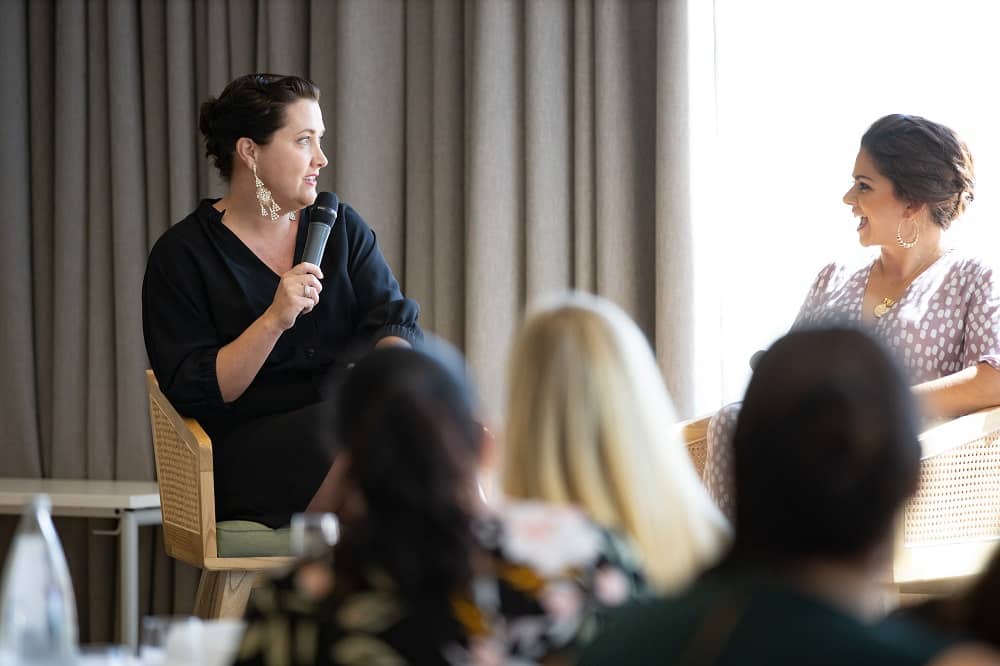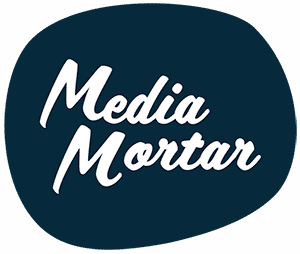
“It is not the most intellectual of the species that survives; it is the one that is able to adjust best to the changing environment in which it finds itself” – Charles Darwin
I was recently asked to speak on a Women in Tourism panel about adapting to change in the workplace – a topic I could talk under wet cement about.
Throughout my career, I’ve changed not just roles and organisations – but industries too – switching law for marketing approximately one billable unit in.
I’ve worked for small business, big business, private and public sectors, and I can tell you, none of these moves compare to the change of waving goodbye to a regular pay cheque and starting my entrepreneurial journey.
The past two years have taught me plenty of lessons (more on that over here) about change – arming me with a better appreciation for it and making me an expert at adapting to it.
If you’re struggling with change in your career, these are my tips (and a few collated from the epic line up of panellists at the Women in Tourism Brisbane event) to staying calm through the chaos.
Tip 1: There’s only one thing more terrifying than change…
 And it’s the thought of never changing at all. If you keep in the back of your mind that change is a chance to grow, develop and improve, you’ll never look at change in the same way again.
And it’s the thought of never changing at all. If you keep in the back of your mind that change is a chance to grow, develop and improve, you’ll never look at change in the same way again.
Tip 2: The best way to prepare for change is anticipate it
Sure, you don’t have a crystal ball to know what’s around the corner, but that’s what contingency plans and budgets were invented for. In our business, we have contingency plans for most things – which really do help me sleep at night.
We keep a separate ballast for unexpected expenses, we keep the door open for interns so our potential recruitment list is only a phone call away if any staff leave in a hurry (if they’re reading this, please don’t) and we diversify our clients across different industries in case one industry (e.g. construction) completely bottoms out.
Take it from me, keeping a plan B up your sleeve (usually) costs nothing to make and will help take change in your stride.
Tip 3: In times of change keep an eye on the long-term vision, let plans change
 I encourage you to let change de-rail plans, but whatever you do, don’t let change de-rail your business vision. Your vision is your roadmap for the future – and while you can detour your path to get there, you always need to ensure your business GPS is still coded with a destination.
I encourage you to let change de-rail plans, but whatever you do, don’t let change de-rail your business vision. Your vision is your roadmap for the future – and while you can detour your path to get there, you always need to ensure your business GPS is still coded with a destination.
In our case, the vision for Media Mortar is to be Australia’s leading content creation agency – and as The Boss, it’s my job to keep my eyes firmly planted on where we want to go, even if roadblocks and detours get put in our path.
Tip 4: Make shorter plans
Gone are the days of five-year plans, at least in marketing where technology and consumer behaviour changes faster than you can plot a Gantt chart. When it comes to content for our clients, we write our plans fortnightly or monthly – and for larger clients requiring further sign off, quarterly. Our own business plans are even drafted quarterly. We find this more manageable with three core focusses rather than an overwhelming laundry list of things that need to get done (for more psychology on this, read The Power of Less in my recommended business readings).
We find our quarterly plans are nimble and agile enough to withstand significant change, and personally, I feel more in control of the change when we don’t have an enormous strategy document completely de-railed.
Tip 5: Diversify your team
 It’s a given not everyone loves change – so prepare for that. Build teams that are stacked with a mixture of personalities, each with a different appetite for change. You don’t want an entire team who run towards change constantly, but equally you don’t want one that shies from it either.
It’s a given not everyone loves change – so prepare for that. Build teams that are stacked with a mixture of personalities, each with a different appetite for change. You don’t want an entire team who run towards change constantly, but equally you don’t want one that shies from it either.
I’ve used Gallup Strength finder to help assess appetite to change and risk in team members before – and I find DISC profiling incredibly helpful in finding out how people are hard-wired. It won’t just make you better at adapting to change but managing people and their communications methods too. If anyone is guessing, I am a D.
Tip 6: Communicate change
It’s one thing to be the instigator of change and another to be at the receiving end of it. If you’re an instigator or driver of change, be sure to communicate change to the whole team. I’ve seen too many times hallway whispers spreading based on restructures that were never afoot – and where there is smoke, there’s fire and staff disaccord.
Tip 7: Accept periods of change are hard
 Instagram is full of quotes that promote the benefits of change: “if it doesn’t challenge you, it doesn’t change you” which are probably more suited to a personal training studio than the office.
Instagram is full of quotes that promote the benefits of change: “if it doesn’t challenge you, it doesn’t change you” which are probably more suited to a personal training studio than the office.
I think it’s important to call out, not all career change is good and not all change is easy. I’d just remind you not every moment of your life requires you to play a leading role. During periods of change, it’s ok to be the back-up or supporting actress to parts of your life. Especially in times of immense change I prefer this quote: “You can have everything you want in life. Just not all at once”. So be patient.
And remember, all change will pass.
What tips do you have for adapting to change?

By Hannah Statham
Hannah Statham is The Boss at Media Mortar. She’s a heavy weight wordsmith, punching with puns, analogies and metaphors that leave readers wanting more. When she’s not refreshing her Instagram feed, you’ll find Hannah walking her rescue greyhound Olivia.

Recent Comments